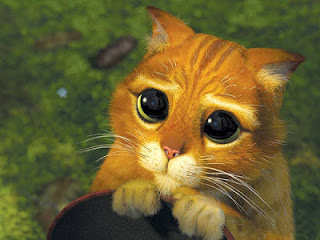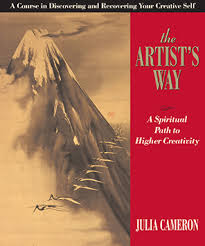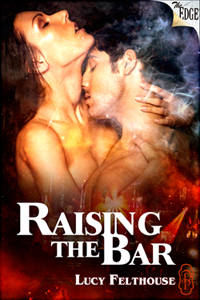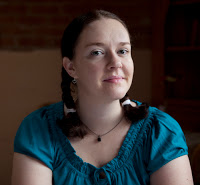By K D Grace
Some people write in coffee shops, some people write in
libraries, some people write in their studies. But how much does where we write
matter? I’ve always prided myself in being able to write anywhere, but the
allotment is in full-swing right now. There aren’t really enough hours in the
day to be out there and do what I’d like to do to make our veg plot live up to the Gardener’s
World veg plot that exists only in my fantasies. It was only a couple of
days ago – one of those few sunny days in the UK of which a gardener absolutely
HAS to take advantage. With sweat dripping down my back and more than a potted
plant’s worth of good rich soil beneath my fingernails, I sat myself down on
the grass near our allotment garden shed, pulled out my notebook and pen and
began to write. We have a delicious spot of movable shade that works its way
along the back of our plot during the course of the day, so on those few days
when the weather is roasting –ish, we can sit and have a break in the shade.
I’d brought biscuits and cheese and for my lunch and a
bottle of iced tea I’d frozen in the freezer earlier. I seldom mind eating with
the allotment all over my hands. It’s just good, clean earth. As I sat down to
scribble a few paragraphs for The
Exhibition, my WIP, the resident black bird was already busy hunting worms and
unfortunate invertebrates in the patch I’d just dug. By the time I was on the
second slice of cheese, he was sitting in the tree above the garden shed
singing at the top of his lungs. Just a little reminder that this was his patch – especially now with the
birdie feast I’d uncovered and with the hungry mouths he, no doubt, had to
feed.
I listened, I watched and I wrote. I seldom write long-hand
anymore. I’m way more comfortable at the keyboard of a laptop, which allows me
the luxury of editing as I work, and insures me that I never have trouble
reading my own handwriting. But in the allotment, low tech’s the way forward.
It doesn’t matter to me if there are smudges of compost on the pristine page.
It doesn’t even matter to me if a spider decided to make a path across the
centre of the page I’m working on as long as he doesn’t linger where I want to
write.
Paper and ink, or even more to the point, writing down
words, though not quite as old as agriculture, is certainly not too far behind.
I mean if you think about it, the two go hand in hand really. Once feeding
ourselves became a little less of a crap shoot and a little less of a full-time
job and leisure became, at least occasionally a possibility, then it would seem
natural for story-telling to evolve to a way of permanently preserving those
stories. And once that happened, writing couldn’t be too far behind.
Okay, so that’s K D’s version of pre-history, something
you’ll not find on the History Channel, but definitely something I feel a little
bit closer too when I’m sitting comfortably on the grass listening to the birds
and the buzz of the insects, when I’m taking a break from the arduous efforts
of the veg plot to record events straight from my imagination. It feels pretty
primal when the young sweet corn plants and the words unfolding on the page are
linked by the callous and the earth on my hands.
Does the fact that I’m writing in my veg patch change what I
write? Does that particular location make what I write any more powerful, even
any more earthy? I suppose there’s no real way of knowing, no double blind test
I can do. And really, what difference does it make? The words were flowing that
day, and I was sitting in the sunshine listening to the bird song, and the
slightest whisper of a breeze in the trees. Does it make a difference to be
writing in a place where something more concrete than ideas has been planted,
where there’s the promise of more to come than just food for thought, along with
the reminder that life doesn’t always come sanitized and shrink-wrapped; that sometimes
being off-line and well-earthed is just the right place to be. And of course
I’m writing sex. Al fresco. I’d say it’s a win-win for the black bird, for the veg
plants and for the writer. Next sunny warmish day, I’m SO doing this again!















